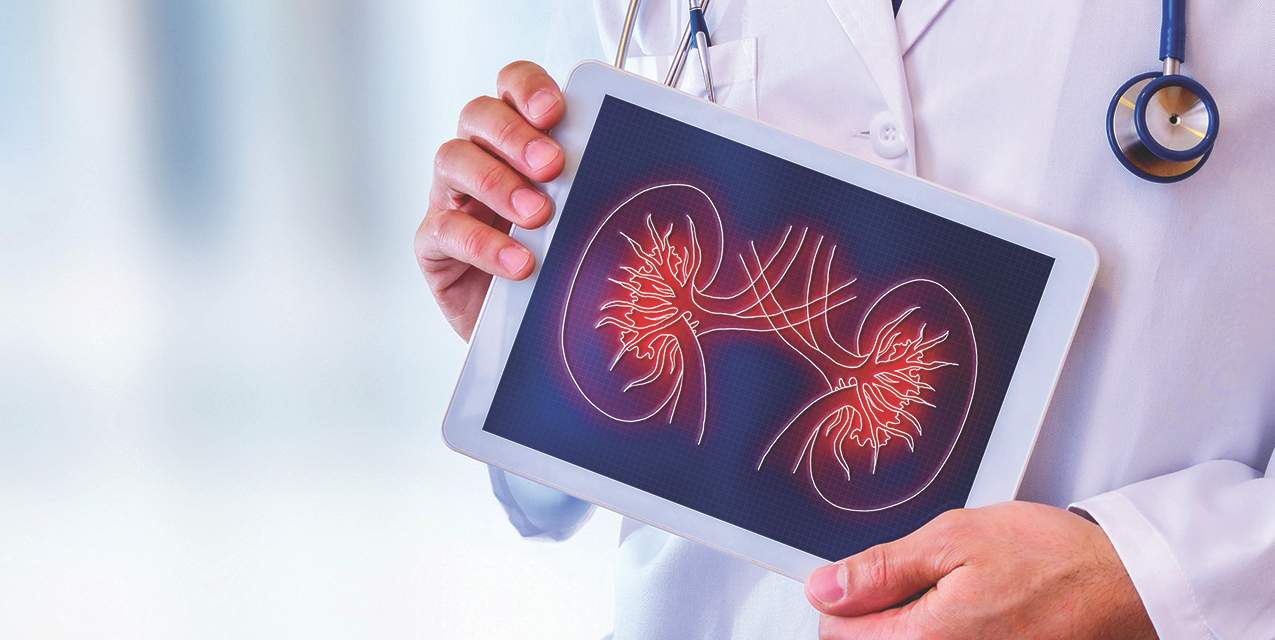Kidneys play an important role in the body by filtering waste and excess fluids from the blood, which are then removed through urine. Without fully functioning kidneys, dangerous levels of electrolytes and other substances build up in the body. More than 37 million American adults live with kidney disease, according to the National Kidney Foundation (NKF).
Many people with chronic kidney disease do not exhibit symptoms until the illness reaches an advanced stage. Noticing common symptoms of kidney issues early on can help avoid severe complications.
- Feeling tired and weak, and an inability to concentrate can occur when impurities build up in the blood. Anemia, which causes weakness and fatigue, is another complication of kidney disease.
- Vomiting, nausea, and lack of appetite often occur due to kidney disease.
- Swollen feet and ankles often occur due a build-up of excess fluid.
- High blood pressure may develop and prove difficult to control.
- Chest pains can occur due to a build-up of fluid around the lining of the heart.
- There may be a need to urinate more frequently, and there may be blood in the urine, which occurs when blood cells leak into the urine due to damaged kidney filters.
- Electrolyte imbalances caused by kidney dysfunction can lead to muscle cramping.
It is important to recognize any signs of kidney issues and visit the doctor at the first indication of a problem. However, kidney disease in its earliest stages may produce few to no symptoms, which underscores the significance of annual health checkups and healthy lifestyles.












